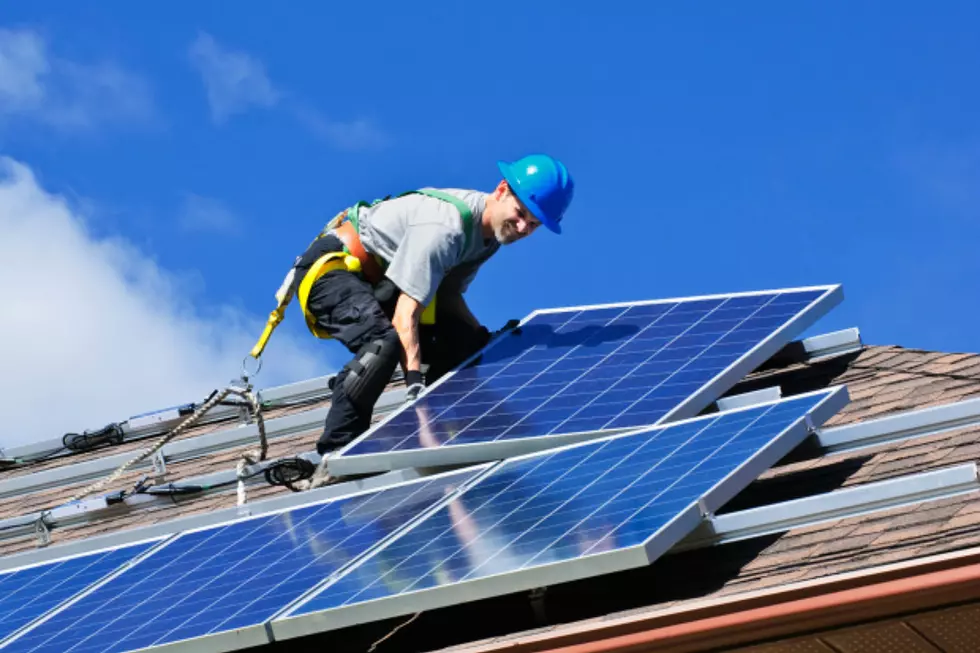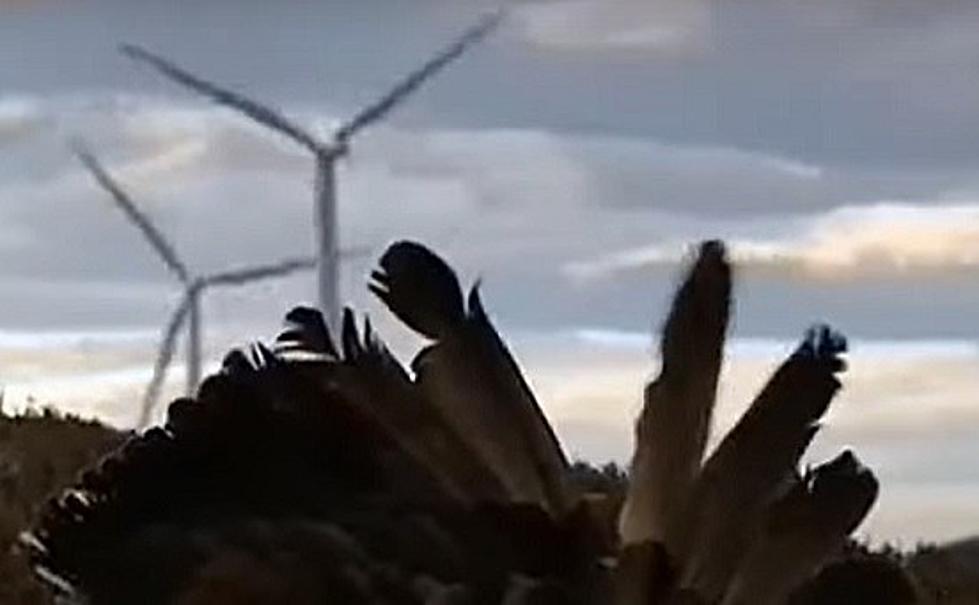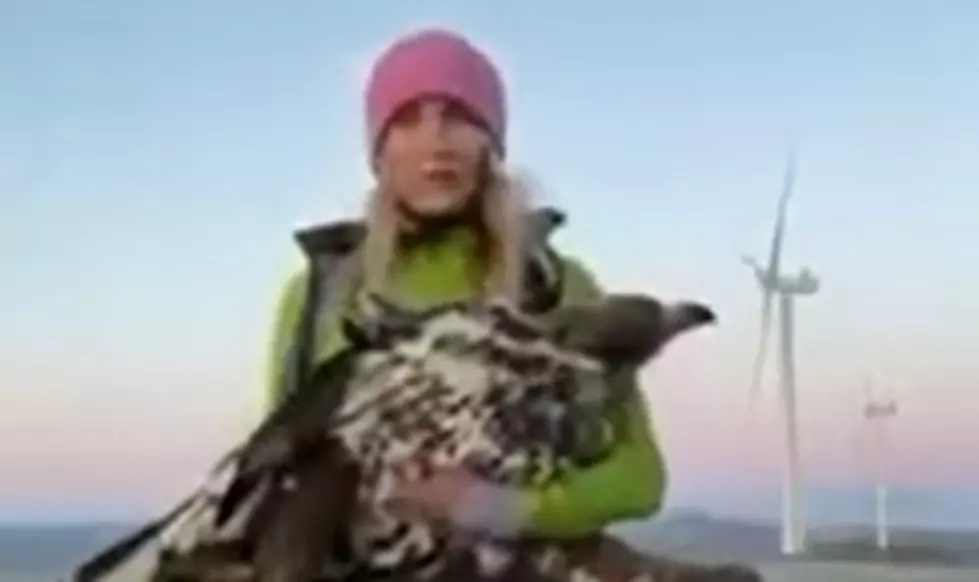
Are Solar Panels Made With Coal “Green” or Just Hypocritical?
The folks who advocate for solar panels as "clean" and "green" energy are really not going to like this.
They want us to keep coal in the ground and have us switch to wind and solar energy.
But in order to make solar panels, we have to use COAL!
We have been told that a key ingredient in solar panels is sand.
But sand is not pure enough to do the job.
So, to make panels solar companies mine for quarts.
That mining process looks just like the process of digging for coal.
The quarts is then combined with COAL!
The two are melted together at ultra-high temperatures in order to create what will become the solar panel.
But to reach that high of a temperature, manufactures must burn COAL!
PVC production requires coal, also an element used to produce solar panels (Source).
Coal is used in producing solar panels and as a raw material to make the chemicals used in manufacturing. Manufacturing a photovoltaic (PV) solar cell requires energy, often from burning fossil fuels (Source: Scientific American)
Burning coal puts a lot of CO2 into the air.
CO2 is NOT a pollutant. It's actually necessary for life on this planet.
But the folks who want to keep coal in the ground think that CO2 is a pollutant.
Solar panels have to be replaced about every 20 years, or less, usually less.
Imagine how upset they are going to be when they find out that in order to make solar panels they must use A LOT OF COAL!
Although solar panels do not release greenhouse gasses into the environment, the process of making them does. Solar panels are made using coal as a primary material, which means that solar energy may not be as clean as you thought! (Solarixis).
If you think that's going to make their heads explode, wait until they find out that the Amazon is being destroyed to make wind and solar power and electric cars.
We hear the words almost every day: Green, sustainable.
But should we be using these words when we are talking about wind and solar energy and electric cars?
Those who claim to be in the environmental movement will talk about saving the Amazon from logging.
But what about mining?
To create wind and solar energy platforms and electric vehicles we need certain minerals and metals.
To get some components the Amazon is being mined.
The photo above is one such mine, located deep in the Amazon.
This means cutting many archers of trees and ripping huge holes into the ground.
That's just to get to the minerals and metals need.
What is mined needs to be shipped, which means tearing roads into the jungle.
Then many more archers of trees are torn down to build the facilities to extract and refine.
This next process creates a toxic mess that is poisoning villages, towns, and the surrounding rainforest.
You can see the process here:
Aluminum used in the new all-electric model of America’s best-selling pickup truck, the Ford F-150, can be traced from Ford Motor Co.’s historic Rouge assembly complex in Dearborn, Michigan, back to a parts manufacturer in Pennsylvania, a smelter in Canada, and ultimately the rainforests of Brazil.
There, in the heart of the Amazon, rust-colored bauxite is being clawed from a mine whose owners have long faced allegations of pollution and land appropriation. And, near where the Amazon River empties into the Atlantic, a refinery that processes the ore stands accused of sickening thousands of people.
In this episode of Bloomberg Investigates, we visit the communities directly affected and meet the people who are fighting back against the companies they hold responsible. (Bloomberg News).
This is not the only place on the planet where extracting what is needed for "green and sustainable" is tearing apart the land, as well as the people.
This next video shows the cost in Africa.
Unreported World investigates the dirty business of cobalt mining in the Democratic Republic of Congo.
The mineral is fuelling the planet’s green revolution, but at what cost? Around seventy percent of the world's cobalt is mined in the Central African country, mostly from the southern Katanga area, thought to be one of the ten most polluted places on earth.
Reporter Jamal Osman travels to Kolwezi, a city dependent on supplying Cobalt, a critical component for electric cars and rechargeable batteries.
Residents are employed by large multinational companies, or in smaller, and more dangerous artisanal mines.
We meet the men who clamber down dark weaving airless tunnels to extract cobalt for as little as $150 per month.
But is the paycheck worth the health risks that doctors have uncovered? (Unreported World).
What's happening in China and other parts of the world is not better.
A New Book About Wyoming's Big Nose George
Vintage Wyoming Movie Posters
More From Montana Talks






